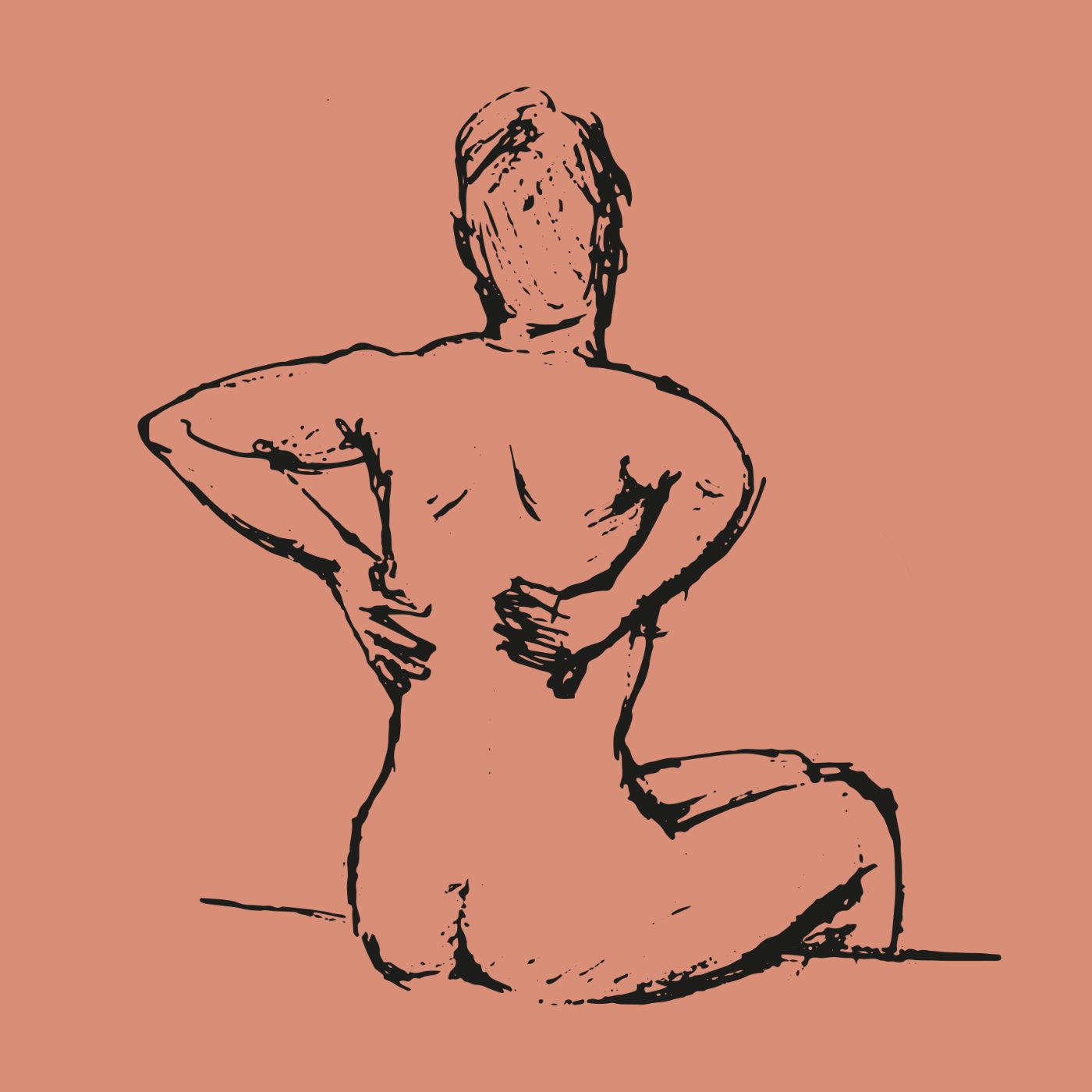Table of Contents
Table of Content
When it comes to a headache, it doesn’t get much worse than a migraine. Migraines are extremely painful and debilitating, can last for days, and are difficult to treat. Pain from a migraine tends to manifest as a throbbing pain and often is accompanied by nausea and sensitivity to light and noise.
The good news for those suffering from migraines is that CBD may offer some hope. This popular cannabinoid has shown a lot of promise as a treatment for migraines. We’ve done the research to help you decide if you want to try CBD for your migraines.
What is CBD?
CBD is a natural compound that you’ve probably heard of thanks to its potential health benefits. From reducing anxiety to improving sleep, CBD oil has been found to possibly help with a range of conditions.
CBD oil is one of the most popular forms of CBD and is derived from cannabis plants. But CBD can also be purchased in other forms, like balms, edibles and vapes.
How can CBD help migraines?
CBD may be able to help treat migraines by acting on serotonin receptors. Serotonin is a neurotransmitter known as the “happy hormone” thanks to its ability to improve mood, but serotonin does more than just that. Serotonin plays an important role in migraine regulation, with an increase in the neurotransmitter being linked to a reduction in some of the symptoms of migraines.
CBD may also be able to help reduce migraines by reducing some of the factors that can trigger a migraine in the first place, like lack of sleep or stress.
Research on CBD and migraines
- Vomiting and nausea are serious side effects of migraines, so if CBD could reduce nausea, it would be significant for migraine patients. One review published in the British Journal of Pharmacology investigated the effect of the ability of cannabinoids like CBD to reduce vomiting and nausea. It concluded that recent animal research tells us that CBD has been shown to successfully suppress nausea and vomiting. This suppression is likely to occur through CBD acting on serotonin receptors (1).
- We know that CBD can activate serotonin receptors, and as well as reducing nausea, this could also help to manage the pain that comes with migraines. A 2017 review published in the International Journal of Molecular Sciences discussed different methods of pain relief. It concluded that increasing serotonin can have significant analgesic effects (2). This review highlights that serotonin can result in pain relief, meaning that the serotonin-inducing properties of CBD could also result in pain relief. More research is needed in this area to properly conclude whether CBD can induce analgesia through serotonin uptake, but the early research is promising.
- A 2018 study published in the Journal of Headaches and Pain investigated how patients taking medicinal cannabis used it for various pain symptoms, like migraines, headaches, and chronic pain. The study found that 88% of headache patients were treating their probable migraines with cannabis. While this study involved cannabis as opposed to CBD alone and patient preferences as opposed to observable metrics, it is indicative of the potential power that CBD might have for treating migraines (3).
- CBD has shown promise in treating cluster headaches, which could be indicative of its potential as a treatment for migraines. A 2017 review published in the journal Cannabis Cannabinoid Research found that CBD reduced headache duration and severity in study participants with cluster headaches. Impressively, minimal side effects were seen (4).
- CBD has also demonstrated an ability to improve the symptoms of chronic headaches, a condition with symptoms similar to those experienced in migraines. A 2020 review published in the journal Frontiers in Pharmacology found that CBD use resulted in significant relief from bouts of chronic pain like those experienced in chronic headaches (5).
- A lack of sleep or an increase in stress can act as a trigger for migraines. CBD may be able to help reduce migraine frequency by reducing these triggers. Studies have shown that CBD has shown promise both as a sleep aid and as an anxiolytic and stress reliever (6, 7). More research is needed into whether CBD can reduce the frequency of migraines by reducing trigger symptoms; its ability to possibly reduce these triggers directly is promising.
Side effects of CBD
A huge benefit of CBD and one reason why it has gained in popularity so quickly is its safety profile. CBD is largely considered to be safe to consume and typically only results in mild side effects like lethargy, reduced appetite, or sleepiness (8).
Studies have shown that doses as high as 1,500 mg of CBD can be both safe and effective (9). Importantly, research also tells us that patients are unlikely to build a tolerance to the effects of CBD, meaning that any pain-relieving effects from CBD are likely to continue to work for patients with chronic conditions like migraines (10).
One side effect that you don’t have to worry about with CBD is getting high. While CBD does come from cannabis, it doesn’t cause its infamous psychotropic effects. Another compound called THC is instead responsible for this. So long as your CBD extract contains no THC, you won’t experience any psychotropic effects.
The bottom line
Migraines are painful and hard to treat, but CBD could offer some help. While more research is needed before we can fully understand the effects of CBD on migraines, what we currently know tells us that CBD shows a lot of promise in targeting two of the main symptoms of migraines - pain and nausea.
CBD’s possible ability to improve the symptoms of headache conditions like cluster headaches and chronic headaches further highlights the potential of CBD as a treatment for migraines. With its high safety profile and promising results, CBD could be a great addition to your routine if you’re looking to improve your migraine symptoms. As always, be sure to consult your doctor before consuming CBD if you have any concerns.
 |
Medically reviewed for KLORIS by Sarah Neidler, PhD |





